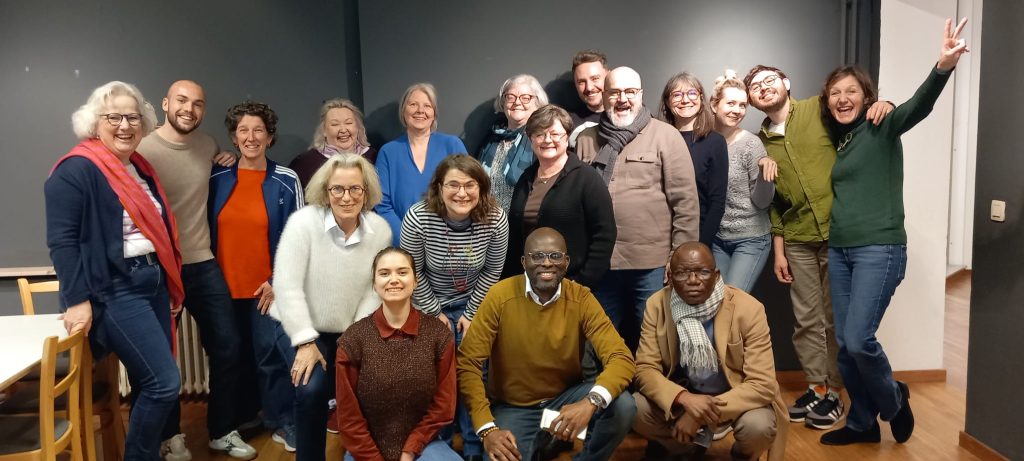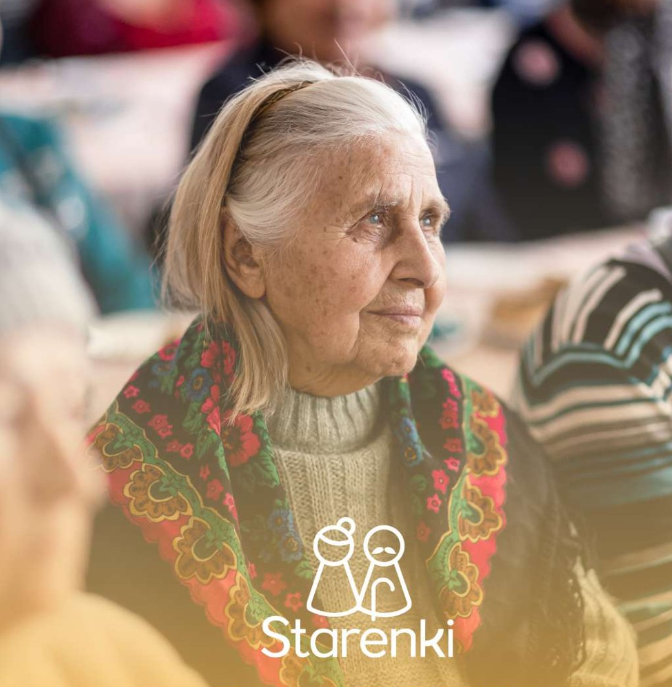The French non-profit organization Petits Frères des Pauvres publishes a new report analyzing the effects of the health crisis on older adults, following a first report published in June on the effects of lockdown. This report shows the determining impact of living conditions, vulnerabilities and the fragility of social ties on the experience of this period.
In June 2020, Petits Frères des Pauvres published a report on the effects of the first lockdown on older adults (carried out with the CSA Research Institute on 1500 people aged 60 and over). While this study was conducted at the beginning of this health and social crisis, the association showed that in France, “720,000 elderly people had no contact with their families during the two-month lockdown in March and April 2020 or that 650,000 elderly people had no one to talk to“.
This new report presents comprehensive data on the experiences of isolated people during these past months.
The health crisis will have long-term consequences on older adults
The crisis will leave a lasting impression on everyone, especially on older adults. What emerges from the interviews is the almost unanimous feeling of deprivation: the lack of physical contact, the “skin to skin contact” and the associated signs of affection, often experienced as a loss that the new remote technologies have difficulty replacing in the long term.
“We’re not allowed to kiss, we’re not allowed to shake hands, from a distance. […] Yes, I miss it. I miss it a lot. “Honoré, 60 years old, testifies.
The management of the crisis and its treatment by the media have also had a profound effect on the way people over 60 look at themselves. These seniors suffer from a vision of society that de facto reduces old age to frailty. In other words, “the old person is the fragile one, the one who is vaccinated first, the one who is not able to“.
Moreover, a large number of people who testified have “the feeling of being excluded, of being on the margins of society because of their age“.
The crisis is experienced differently depending on the material conditions of each person…
Living the lockdown in a small, unsanitary studio in a poor neighborhood or in a house with a garden in the south of France is totally different. According to the interviews conducted, lockdown is better experienced when material and financial conditions are satisfactory and when the person previously had many contacts. 45% of the people interviewed with a monthly income of less than 1000 € had a bad experience of lockdown, compared to 18% of people with an income of more than 2000 € per month.
On the other hand, for the most precarious people, the lockdown is a source of important psychological suffering and exacerbates an already existing financial precariousness.
It should be noted that the health crisis is better experienced in alternative housing for older adults, such as assisted living, than at home or in a nursing home: this is the case for 47% of these residents who experienced it rather well, compared to 25% at home and 27% in a nursing home.
For Maryvonne, 76, in a nursing home, the months of the health crisis were difficult: “The first lockdown was very hard. We were cut off from everything. Fortunately, I still had the telephone to keep in touch with my friends and family, but we were no longer allowed to visit. “she regrets. The months that followed were not much happier… ” We always have to stay locked up. We always have to stay locked in our rooms. We are no longer allowed to visit the other residents, there are no more activities and during meals, there are only two of us per table whereas before there were four. ”
Is there a risk of a generation gap?
Is this crisis creating a Young generation versus Old generation phenomenon? During the interviews, many older adults spontaneously voiced a few complaints about young people, regretting their laxity in applying barrier measures, or a certain form of carelessness. At the same time, the crisis has led to a tightening of intergenerational ties within the family unit: the elderly thus testify to their concern for the future of the younger generation.
“I believe a lot in youth, I really believe a lot in it. You are going to have a difficult life because there is a monumental debt to repay, it will last for 30 or 40 years, but you will find solutions to live differently. I think that for you too, this lockdown will have had a positive effect on the environment, on travel, on work, on the pace of life. You have rediscovered a taste for life, for family, for solidarity, both within and outside the family. I think it’s important. “says Chantal, 74 years old.
The recommendations of the French organization
At the end of the report, the Petits Frères des Pauvres organization makes several recommendations to public authorities and citizens to maintain the link with the most vulnerable and to promote the reconstruction of “acceptable commons” for all.
Access to the report (in French)
Photo credit : AdobeStock







